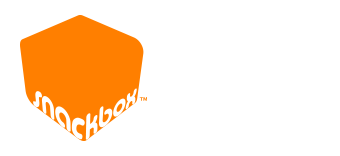Top Tips for T.V. Interviews
By Dana Sotoodeh
A huge part of PR is securing T.V. coverage. T.V. coverage usually includes one-on-one interviews with reporters, journalists, or anchors. Although it looks as if everyone on T.V. knows what they’re doing (for the most part), it’s usually because a PR pro has media trained them prior to the interview. Never been media trained? Team Snackie is here to give you a few top tips for your T.V. interview.
1.) Confidence is key – Nothing looks better on camera than a little confidence. Being unsure of your topic automatically makes you look less credible. Carry yourself with confidence, but not arrogance when it comes time for your interview. Sit up straight, speak clearly, make eye contact. You know what to do.
2.) Keep eye contact with reporter – When you walk into a T.V. interview, keeping eye contact with the reporter is the most natural thing to do. The camera man will make sure your face is included in the screen. Conduct the interview just as you would if you were going for a job interview. Remind yourself that it’s just like having a conversation with anyone else—except this is a reporter.
3.) Keep hand gestures to a minimum – Large hand gestures are often extremely distracting and will take away from whatever message it is that you’re trying to get across. If you’re sitting in a chair, keep your forearms on the arms of the chair. Try to limit your hand gestures to very small ones, or better yet—try not to do any at all!
4.) Get Acquainted – Prior to a T.V. interview you may have a couple of minutes of face-to-face time with the reporter before you go live. During this time, they will usually get acquainted with you or let you know the interview style or how long it will last. Use this time to get comfortable with whomever you’re speaking with so you’re less uncomfortable on air.
5.) Know your stuff – Although this seems like a no-brainer, it’s crucial that you’re comfortable with the topic at hand and are ready to answer any question the reporter may throw your way. Prep for your interview by creating a sheet of practice questions and answers so that you’re better prepared.
